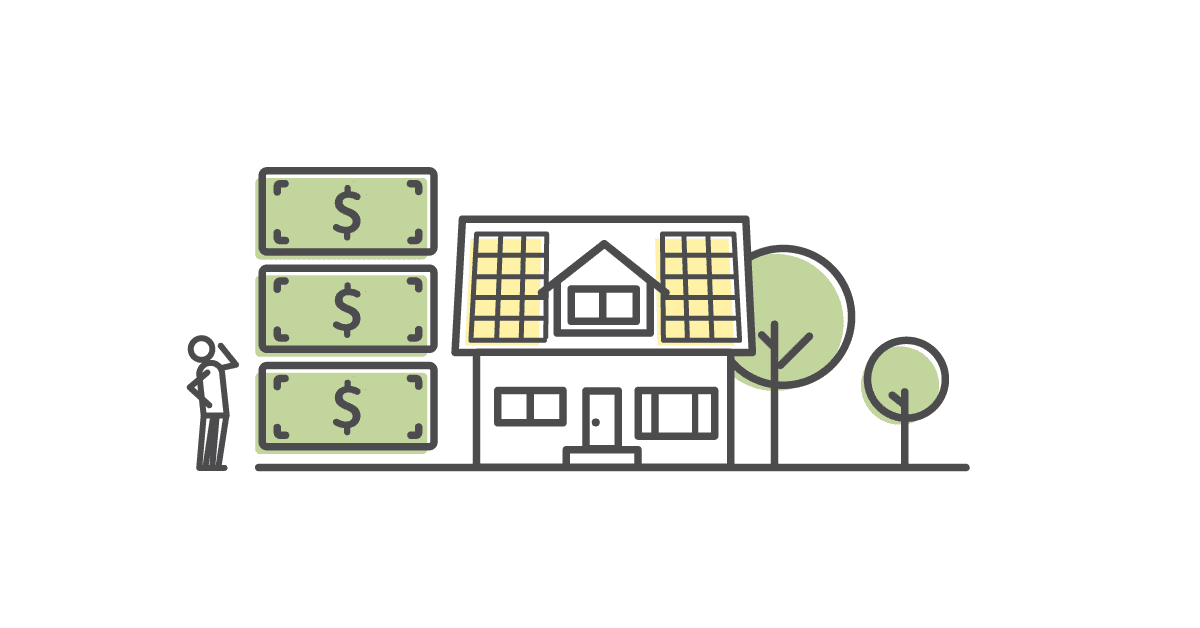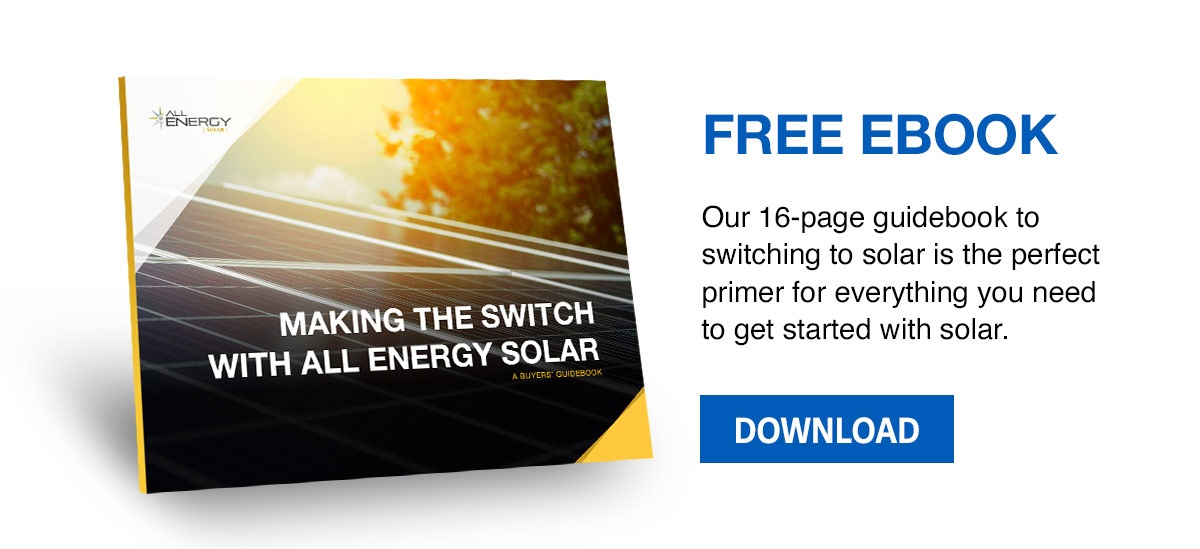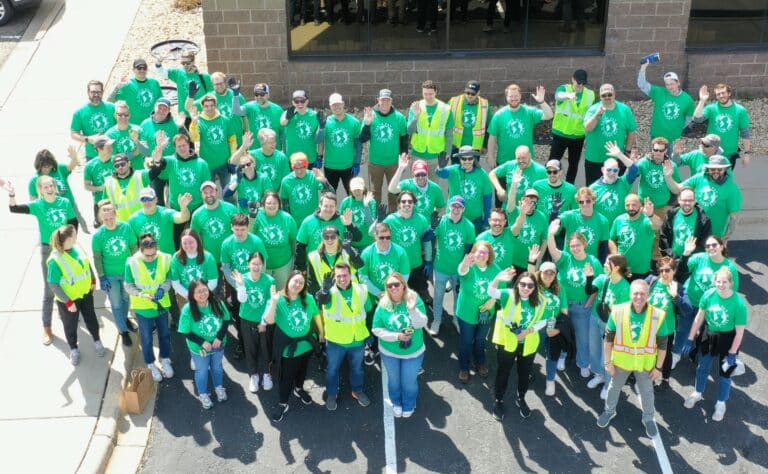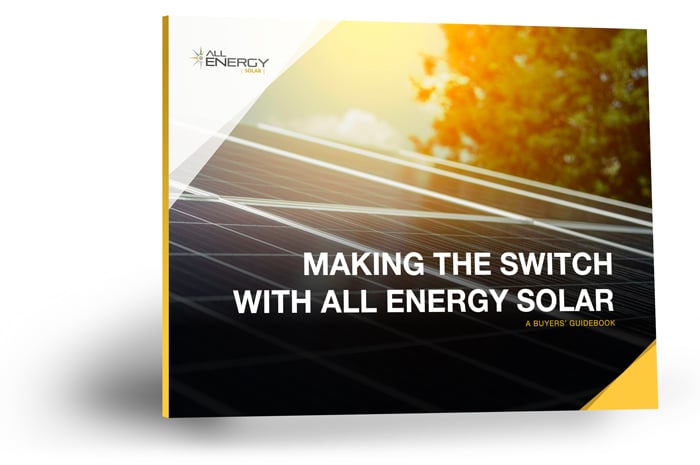With rising interest rates, it might seem like a tricky time to make an investment in solar. Assuming you’re not planning to purchase the system outright with cash, you’ll probably want to consider your financing options. Here are a few tips for getting started.

Begin with incentives
Your solar installer will be able to point you in the right direction for all of the municipal, state, federal, and utility level incentives that can help drastically offset the cost of your solar installation.
Talk to your installer about direct financing
Direct financing allows you to borrow funds directly from the financial market without using a third party—similar to getting an auto loan from an auto dealership. Direct financing through your solar installer can typically offer you competitive rates and a single point of contact throughout the entire process.
Look into a personal, unsecured loan
Getting an unsecured loan is usually a simple process. The drawback is that interest rates tend to be higher. If you have excellent credit, you might find a reasonable rate, but your interest payments won’t be tax-deductible. A local credit union that you have a relationship with is sometimes a great place to start.
Consider a home equity loan
Home equity loans are a popular way to finance solar installations. Because the loan is secured, interest rates are lower, and they’re tax-deductible. Getting a home equity loan generally takes longer than securing a personal loan.
Research FHA home improvement loans
Administered through HUD, FHA Title 1 loans are guaranteed by the government. Loans under $7,500 usually are unsecured, while loans over that amount are secured by a property deed or mortgage. Interest is tax-deductible on secured loans, but the application process can be lengthy and tedious.
Get to know Fannie Mae
A HomeStyle Energy Mortgage loan helps borrowers raise their energy efficiency and lower the cost of utilities. The loan is made only when a home is purchased or refinanced. You can borrow against your home’s appraised value and use 15% of that for your solar installation. Interest rates are low, but there may be closing costs.
See if a PACE loan works for you
PACE loans attach the financing assessment to the property rather than the owner, leading to financing options available at lower rates. However, PACE financial options are primarily aimed at businesses. Residential PACE financing options are only available in California, Florida, and Missouri.
Additionally, if you have net metering in your state you will be saving even more money while paying fewer bills. When you arrange for a free site assessment with a reputable solar installer, you’ll learn more about solar financing options, including zero-down offers.
Download our infographic, Know Your Options for Financing Your Solar System, to learn about the multiple paths to clean energy and which route best fits your situation! 


